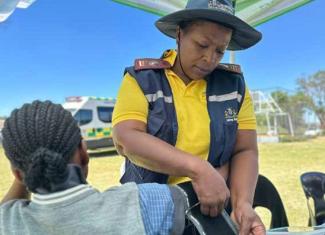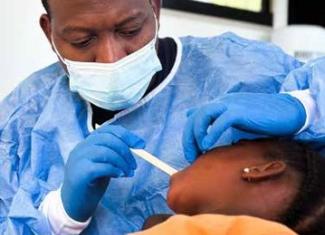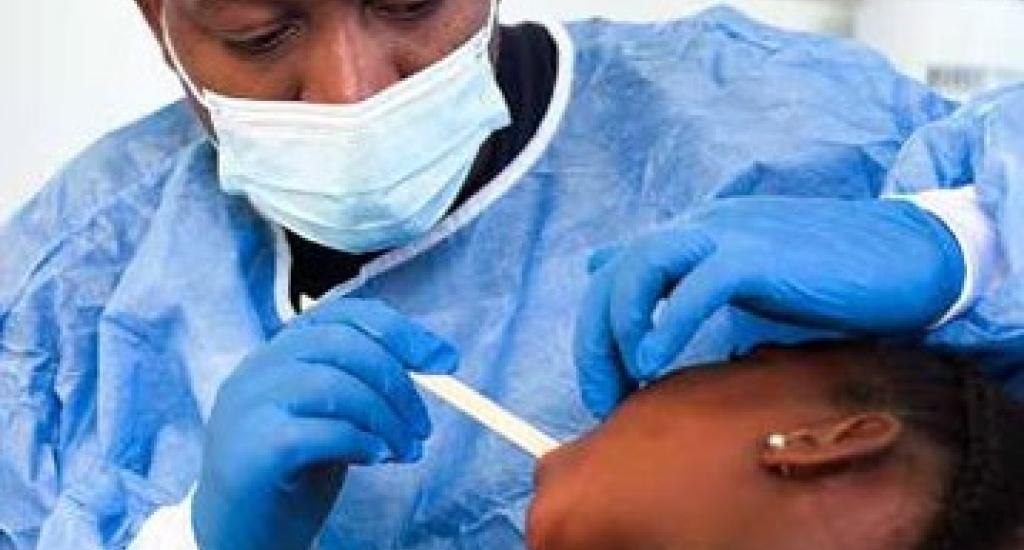Investing in our future
through Integrated School Health Programmes

In a rapidly changing world, the concept of renewal must serve as the currency of our collective commitment to set our country on a higher trajectory of sustainable growth and development. As we navigate the complexities of uncertain and fluid political landscapes, persistent economic challenges that deepen social inequalities, and aggravate environmental concerns, it is essential that we embrace renewal not just as a concept but as a fundamental principle guiding our actions and policies.
As we look towards a healthier future for our children, it is imperative that we recognise the pivotal role of the Integrated School Health Programme (ISHP) in shaping not only their health but also their educational outcomes. This joint initiative between the departments of Basic Education, Health, and Social Development aims to create an environment where children can thrive academically and physically. However, to realise the full potential of the ISHP, we must invest more resources and implement stringent measures for monitoring and evaluation.
The ISHP is designed with clear goals, to improve children’s health, reduce health barriers to learning, and ensure that learners can stay in school and perform to the best of their abilities. It also provides essential sexual and reproductive health services for older learners. These objectives are not merely aspirational; they are critical for our children’s development and our nation’s future.
A supportive and conducive learning atmosphere
The programme encompasses vital components such as education on healthy lifestyles, drug and substance abuse, sexual and reproductive health. It includes health screenings for vision, hearing, oral health, and tuberculosis, as well as onsite services like deworming and immunisation. By addressing these health issues directly within the school environment, we create a more supportive and conducive learning atmosphere.
However, despite the programme’s stated noble intentions, we face significant challenges in its implementation. Poor communication, lack of collaboration among stakeholders and inadequate resources hinder government’s ability to deliver these essential services effectively. To overcome these obstacles, we must prioritise investment in the ISHP. This includes not only financial resources but also capable human capital – training health workers, educators and community volunteers to work collaboratively and effectively.
Monitoring and evaluation
Moreover, stringent monitoring and evaluation measures are crucial to ensure that the ISHP is meeting its goals. We need to establish clear metrics for success and regularly assess the programme’s impact on children’s health and educational outcomes. This data will not only help us understand what is working and what is not, but it will also provide transparency and accountability to stakeholders and advocacy groups, including parents and communities.
Supporting the ISHP helps secure a better future for our children. By improving their health, we are directly enhancing their ability to learn and succeed in school. Healthy children are more likely to attend school regularly, engage in learning, and achieve better academic results. In turn, this contributes to a more educated and capable workforce, which is essential for our country’s development.
The Programme holds immense potential to transform the lives of our children. Government must take bold steps to lead a purposeful social compact, bringing together schools and communities – to ensure that every child has the opportunity to thrive in both health and education. Our children deserve nothing less.






